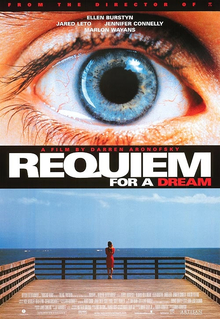Lists








8 Music Artists
Post-Punk
Sort by:
Recent Desc
More lists by F. L.



Movies to watch
List includes: Requiem for a Dream, Pi, V for Vendetta
January 2023
0
C
@caitlinrm1127



To play
List includes: Star Wars: Knights of the Old Republic, Fallout 2, Vampire: The Masquerade - Bloodlines
September 2022
0
C
@caitlinrm1127



MUST watch
List includes: hausu, Valerie and Her Week of Wonders, The Fall
September 2022
0
C
@caitlinrm1127



Maybe Music
List includes: Bauhaus, The Cramps, Alien Sex Fiend
September 2022
0
C
@caitlinrm1127